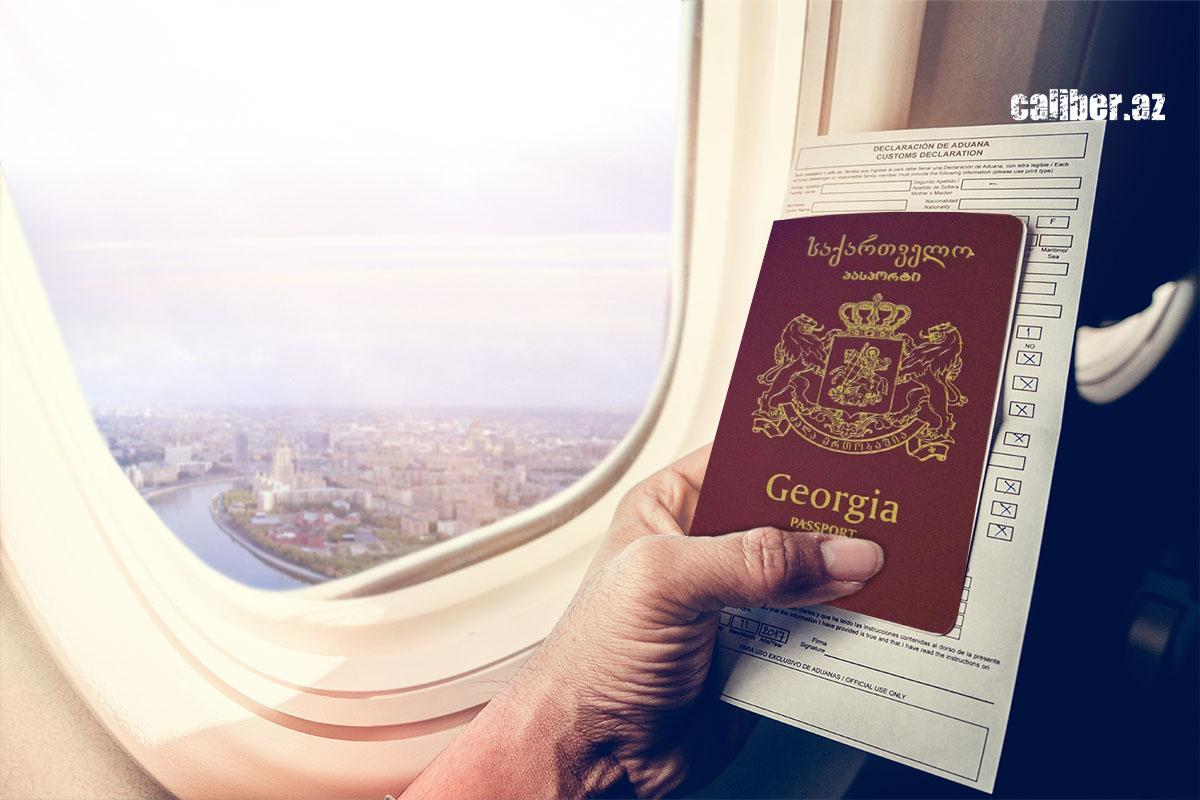Brussels’ ultimatum: Georgia's sovereignty at stake for EU membership An Expensive Illusion
Western nations continue to exert pressure on Georgia, particularly following the recent parliamentary elections in which the Georgian Dream party, advocating for national interests, reaffirmed its positions. This outcome provoked a negative response from the West, which viewed the election results as a threat to its geopolitical interests in the region.
In its annual report on the enlargement and progress of candidate countries on their path to EU membership, the European Commission in Brussels declined to recommend the initiation of negotiations with Georgia regarding its EU accession, insisting on a change in Tbilisi's political direction.
"If Georgia does not reverse its current course – which jeopardizes its path to the EU – and shows real efforts to respond to key concerns and key reforms, the Commission will not be able to recommend considering the opening of accession negotiations with Georgia," the document states.
Regarding the recent parliamentary elections, the European Commission points to alleged violations of secret voting, procedural discrepancies, intimidation, and pressure on voters, "negatively impacted public trust in the process." Additionally, European officials believe that Georgia must repeal the law on “Transparency of Foreign Influence,” the legislative package on “Family Values and Protection of Minors,” and refrain from other actions that undermine the rule of law and fundamental rights, which remain an integral part of Georgia's relations with the EU.
The document states that Georgia's "alignment with the EU’s common foreign and security policy remains considerably low." It particularly notes that Georgia did not join the EU sanctions against Russia and Belarus, not having taken sufficient efforts to limit the circumvention of sanctions through its territory.

The General Secretary of the Georgian Dream party and the Mayor of Tbilisi, Kakha Kaladze, has already commented on the pressure exerted on Georgia by the European Commission and the interference of Western countries in its internal affairs. He particularly recalled how, last year, Georgia was intentionally denied candidate status for a certain period to provoke internal instability.
"When we are told that we must join the sanctions, we say: no, we will not join the sanctions, because this will harm our economy, we will harm our citizens, and we will not allow that! We have fulfilled all the requirements of the 12-point plan on the path to EU integration, yet we were not granted candidate status; they wanted to provoke a confrontation between the government and the people, telling our citizens: you, Georgians, are good people, but you have a bad government. All these vague phrases and formulations mean nothing—we still have the best results in all parameters, and of course, we intend to work in this direction, continue reforms to achieve the ultimate goal of European integration," Kakha Kaladze stated, advising Western partners to show more objectivity regarding Georgian politics.
To understand the significance of the European Commission's decision not to initiate negotiations for Georgia's EU membership, one must answer a simple question: was the EU ever actually planning to accept Georgia into its ranks? And if so, when? Or was it originally a kind of "carrot and stick" policy, intended to ensure the complete subjugation of a sovereign country without offering anything in return?
This question is fundamental. Georgia does not share a border with the EU, but it does border another EU candidate, Türkiye, which has held that status since 1999. Türkiye submitted its application for EU membership even earlier—in 1987, when the USSR still existed and Georgia was part of it. Since then, several decades have passed, yet Türkiye has not come any closer to EU membership.

The official start date for the so-called "accession negotiations to the EU" was announced as October 3, 2005. For over 19 years, these "negotiations" have been ongoing, yet they have not led to any tangible results. During this time, the UK has exited the EU and is thriving without the "close oversight" of Brussels bureaucracy. Meanwhile, Türkiye is promised EU membership "someday in the future," without any specific timelines, while being subjected to various demands and conditions in exchange for this promise. Despite its potential, Turkey outperforms many EU member states and is one of the fastest-growing economies in Europe.
Some "euro-optimists" argue that Türkiye was not accepted into the EU because it is a Muslim country, suggesting that Georgia, being a Christian nation, would be welcomed "quickly and with open arms." While the Islamophobia of certain EU countries, particularly France, is well-documented, who can say that the current European Union is genuinely interested in conservative and traditional Christians, such as the Orthodox Georgians? For the current EU leadership, protecting "LGBT rights" is of greater importance (as the European Commission reminded Georgia).
Interestingly, Hungary faces criticism in the EU precisely for defending Christian values. The situation for practising Christians in the EU is becoming increasingly difficult and unbearable each year. In many EU countries, Christian parents who seek to raise their children in their religious tradition and protect them from the moral degradation of the public education system risk having their children taken away from them.
In 1981, the EU welcomed Orthodox and once-conservative Greece. Unfortunately, that conservatism is now a thing of the past; this year, Greece legalized so-called "same-sex marriages." The swift acceptance of Greece into the EU was not driven by a fondness among EU officials for the religion, history, or culture of the Greeks. The explanation was quite simple: Greece was, and until recently remained, the largest ship-owning nation in the world. It was only recently that China surpassed Greece in becoming the largest shipowner by tonnage.
Within the EU, Greece still holds a dominant position in the critical area of maritime freight transportation, controlling 70% of the EU's commercial fleet, including 85% of all LNG carriers, 80% of bulk carriers, 73% of tankers, and 17% of container ships. According to the Union of Greek Shipowners (USG), more than a third of the vessels they own operate under the flags of EU member states. Additionally, Greek shipowners often use "convenient flags," such as those from Panama and Liberia.
Clearly, a country whose citizens and descendants controlled such an important sector could not be overlooked by the EU, even though Greece did not share a land border with the EU at the time of its accession. The EU only gained a land corridor to Greece in 2007 when Romania and Bulgaria joined. It seems that Brussels has exhausted its "quota" for countries with similar religious traditions. The EU has been slow to welcome Orthodox nations like Serbia, Montenegro, and North Macedonia, instead offering them mere promises.
Can Georgia or its citizens boast of controlling or having a significant stake in any economic sector similar to that of the Greek shipowners, making them "valuable" to a united Europe? The question is rhetorical. Georgians lack a powerful lobbying presence in leading EU countries, unlike the Armenians. As a result, Georgia cannot compel the Europeans to take it seriously. This became evident in recent months as the EU has treated Georgia with disrespect, issuing ultimatums, and intervening aggressively in its internal affairs, all based solely on the promise of "someday in the future" membership in the EU.
Georgia is being pressured to completely trample its sovereignty for the sake of European illusions, to disregard its national interests and traditions, to allow the promotion of LGBTQ rights and hold "pride parades," and to impose crippling sanctions against Russia that would have little impact on it. Ultimately, Georgia is being urged to "collide with Russia," opening a "second front" for the sake of empty promises of EU membership, which is unlikely to materialize. Is this not too high a price for European illusions for a small and unique country?
Vladimir Tskhvediani, Georgia, for Caliber.Az








